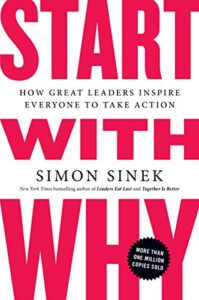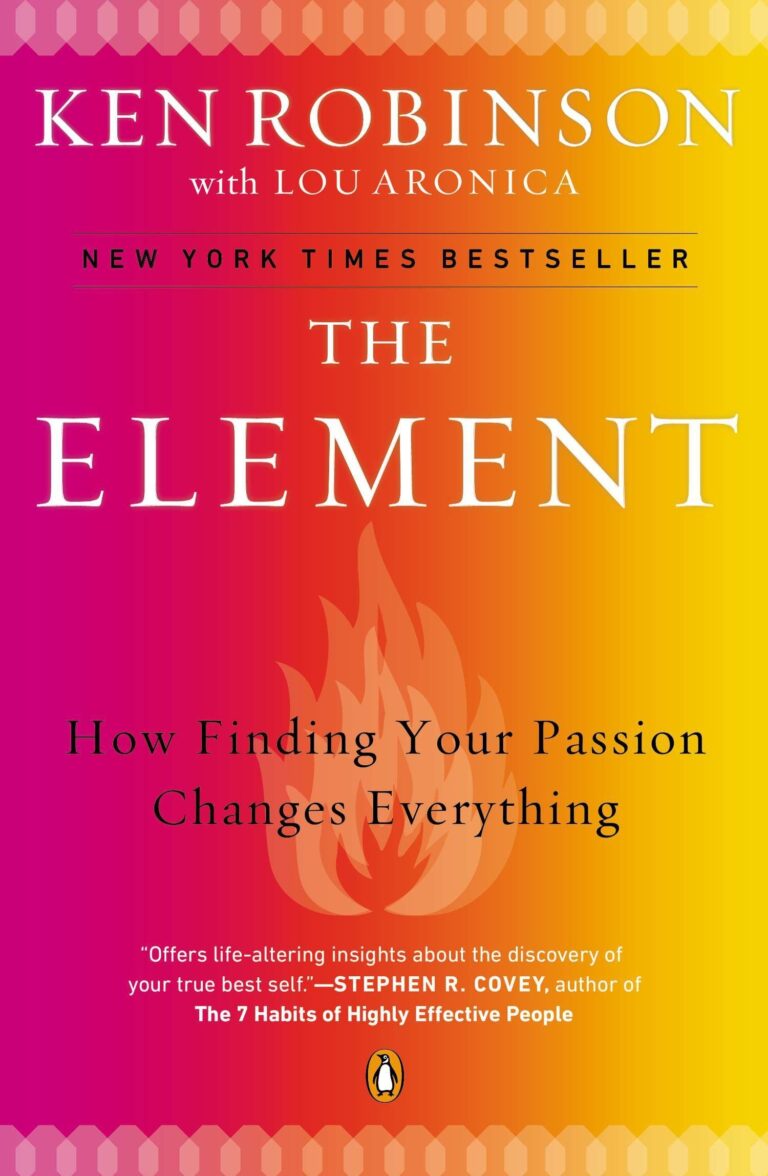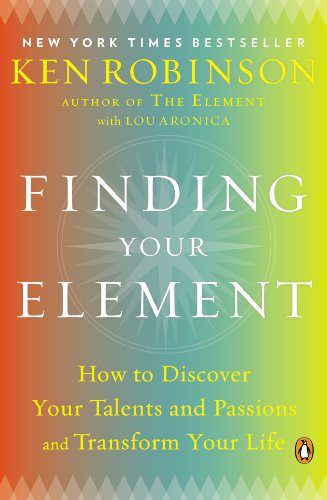A few thoughts ...
How often do you feel excited, engaged, and inspired by your work? How often at work do you experience that deep sense of satisfaction from knowing what you do matters? Hopefully, “quite often!” is your answer to both questions.
Are there times, though, when excessive meetings, deadlines, and dashboards cause you to lose sight of why you chose your work in the first place?
Most humans want to do meaningful work, and the meaningfulness of that work can sometimes become obscured by the busyness of our lives. Often referred to as “purpose,” those of you who have spent time discovering what really matters to you have probably experienced how easily one can lose sight of that purpose in a busy world.
Many on this distribution list are deeply connected to your sense of purpose and strive to align it with all you do at work and in your personal lives. You have experienced, to paraphrase Walt Thoreau, that when “you live your life as closely as possible in the channel in which your energy flows,” your life is more consistently filled with passion, confidence, and personal achievement. Does that sound too “touchy-feely?” Not according to two science-focused, global corporations for whom my colleagues and I have delivered leadership development programs over the last two years – both have “purpose” sessions as a core part of their curriculum.
The focus for this issue of the newsletter is “reconnecting with your purpose.”
As I have often affirmed in these newsletters, my own leadership development must first start with transforming me. Connecting – or reconnecting – with my purpose is an ongoing part of that transformation.
As always, scan these titles quickly, read my short summaries if the titles grab you, and/or delve more fully in places as your time allows.

Opportunities
Two virtual, open-enrollment programs initially launched in 2021 are being offered again early in 2022. Look for separate announcements on the following:
“Foundations of Systems Thinking”
by Barry Bales and Andrew Stevens
The second cohort of the Foundations course concludes in early January, 2022, and the third offering will begin in early March. The self-paced phase introduces systems thinking principles and practices; and the live, interactive, virtual phase develops the more complex systems thinking concepts in a small group setting.
“Transformational Change: Leading from within”
by Barry Bales and Cornelis Tanis
The first cohort of the Transformational Change course concluded in early fall, 2021, and the second offering will begin in early 2022. Transformational change “out there” can’t happen without also transforming “in here.” What is it that you personally, as a leader, need – and want – to get better at, see more expansively, and understand more deeply?
The foundational developmental practices we use in this journey, called Overturning Immunity to Change (ITC), have been developed by Harvard researchers Robert Kegan, Lisa Lahey and others. Quoting the originators: “We like the ITC approach because it is the most focused, most functional, fastest, and least costly way we have seen to get everyone engaged with their growth edge, in a fashion that links gut, mind, and hand (how you feel, how you think, and what you can do when you make that connection).”
Useful resources
“Bust the Rut: 5 ways to reconnect with your purpose at work.”
Dorie Clark, American Express, March 3, 2014
Comment: The author posits that we all fall into “ruts” in our work from time to time. To extricate ourselves from these occasional ruts, it’s important to reconnect with our sense of passion and meaning – our sense of purpose.
Key concepts (mostly in the author’s words):
- Shake up your routine – change the patterns, schedules, and rhythms of your day. Take a different route to work. Go for a walk in a new place. Change the way you conduct meetings. Read a book.
- Understand (and reconnect with) your values – remember how living my values contributes to both organization and my well-being.
- Apply your strengths – when work requires doing tasks you don’t enjoy, counteracting that by doing things that play to your strengths can rejuvenate a strong sense of purpose.
- Take a break – take at least a half-day off each month to look at the big picture of your work and life (this will be a stretch for some – but it’s worth the effort!)
- Live your “why” every day – make the time for this reflection/action daily and happiness ensues.
“7 Strange Questions That Help You Find Your Life Purpose”
Mark Manson
Comment: Do you want a different approach than the Tree of Life for discovering what matters most to you? This web article suggests a substantially different process for discovering one’s life purpose – or, in the author’s preferred words “What can I do with my time that is important?” He suggests asking yourself these admittedly ridiculous (sometimes crude but hopefully thought-provoking) questions because discovering purpose in our lives should be something that’s fun and interesting.
You may love it, you may hate it, or you may find yourself somewhere in between – it is an interesting read!
Key concepts: (Some of the strange questions include (read the article to fill in the other blanks):
- “What’s your favorite flavor of _____ sandwich and does it come with an olive?”
- “What’s true about you today that would make your 8-year-old self cry?”
- “What makes you forget to eat and poop?”
- “How can you better embarrass yourself?”
- “How are you going to save ……?”
- “Gun to your head, …….?”
- “If you knew you were going to die one year from today……?”
“Finding One’s Purpose.” Deepak Chopra, October 21, 2021
Comments: This web post will take you about 90 seconds to read, as it is a one-paragraph response to a online query from a person struggling with finding his purpose in life. Deepak Chopra is the author of over 90 books (yes, 90) and was named by Time Magazine as “one of the top 100 heroes and icons of the century.”
Key concept: If you are struggling to find your purpose in life, you probably are not yet taking the search deep enough.
Book Review
Start with Why: How great leaders inspire everyone to take action.”
Simon Sinek, Penguin Books, Ltd, 2009.

Comments: Many of you have read – or at least heard concepts from – this Simon Sinek book. His “How great leaders inspire action” video on YouTube has had over 15 million views. His simple message is that most organizations and those in leadership roles often attempt to persuade employees and customers/clients alike by focusing on “what” we will do for you and “how” we will do it. Inspiring organizations and leaders, instead, start with their WHY – their purpose, cause or belief that has nothing to do with what they do or how they do it.
Two key concepts:
“There are only two ways to influence human behavior: you can manipulate it or you can inspire it.”
The methods of manipulation commonly used are not necessarily pejorative, according to Sinek, but they almost never result in earning the loyalty of followers. Inspiring behavior, on the other hand, can lead to that earned loyalty.
His oft-repeated quote: “People don’t buy WHAT you do, they buy WHY you do it” is another key concept mentioned throughout the book. When people believe your “why,” they begin to trust you are driven by more than your own self-gain.
Bonus Books

Penguin Books, Ltd, 2009.

Sir Ken Robinson,
Penguin Books, Ltd, 2013.
Comments: The “Element” in Ken Robinsons’ books is the place where the things we love to do and the things we are good at come together. In his wry way, he helps us look at the conditions that enable us to find ourselves in the Element and those that stifle that possibility. I first learned of Robinson when I attended a keynote session of his at a 15,000-person conference – he was thought-provoking and hilarious! I hope you find his books to be the same.
Both books are worth reading, especially if you are interested in doing the self-work it takes to discover your purpose. If you only have time to read one, “Finding Your Element” will introduce a process and practices for identifying your Element.